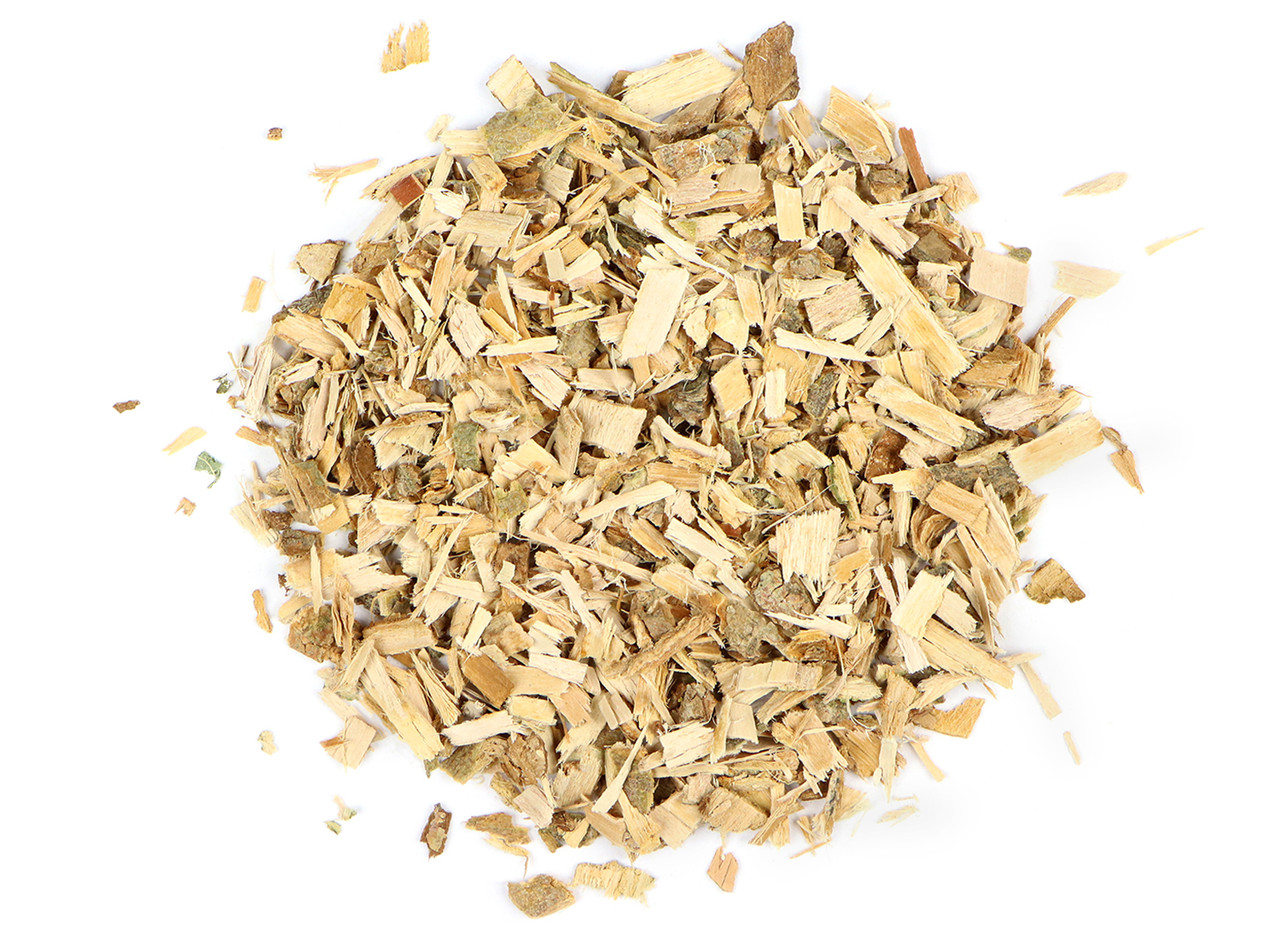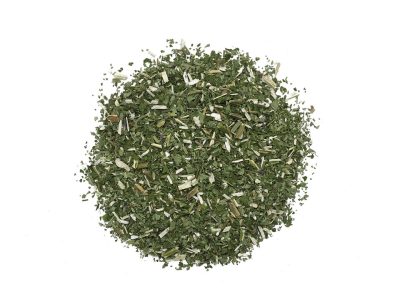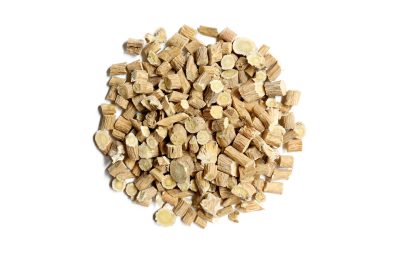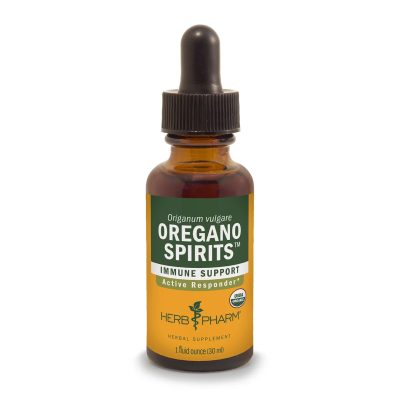While we work to ensure that product information is correct, on occasion manufacturers may alter their ingredient lists. Actual product packaging and materials may contain more and/or different information than that shown on our Web site. We recommend that you do not solely rely on the information presented and that you always read labels, warnings, and directions before using or consuming a product. For additional information about a product, please contact the manufacturer. Content on this site is for reference purposes and is not intended to substitute for advice given by a physician, pharmacist, or other licensed health-care professional. You should not use this information as self-diagnosis or for treating a health problem or disease. Contact your health-care provider immediately if you suspect that you have a medical problem. Information and statements regarding dietary supplements have not been evaluated by the Food and Drug Administration and are not intended to diagnose, treat, cure, or prevent any disease or health condition. PhysioFormulas, LLC DBA Your Healing Store assumes no liability for inaccuracies or misstatements about products.
White Willow Bark
$8.00
In stock
Description
White willow is a low-growing deciduous tree with long, green, tapering leaves and grey-brown bark. Native to Europe and western Asia, white willow bark has a long history of use in traditional European herbalism. Salix alba is typically tinctured or steeped as willow bark tea.
Native to North America, northern Asia, and much of Africa, the willow is a low-growing deciduous tree bearing long, green, tapering leaves and catkins in spring. Bark is stripped from young trees in the spring. Native American healers used willow bark long before Columbus or the Vikings landed. The conversion of willow bark to aspirin began in 1828 when German chemist Felix Hoffmann isolated the active ingredient and named it salicin. In 1899, the Bayer company began manufacturing and selling a modified form of the willow bark chemical acetylsalicylic acid, or aspirin. This first of the modern miracle medicines has been a mainstay in the treatment of joint pain ever since. White willow (also called bai liu pi in Traditional Chinese Medicine) is a member of the Salicaceae family.
Precautions
Do not use if allergic to aspirin or other salicylate-containing drugs. Do not administer to children or adolescents with viral infections due to the possibility of Reye's syndrome. We recommend that you consult with a qualified healthcare practitioner before using herbal products, particularly if you are pregnant, nursing, or on any medications.
This information has not been evaluated by the Food and Drug Administration. This product is not intended to diagnose, treat, cure, or prevent any disease. For educational purposes only.
Additional information
| The Center |
|---|





